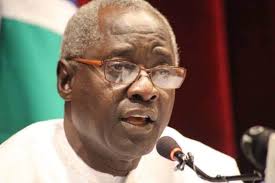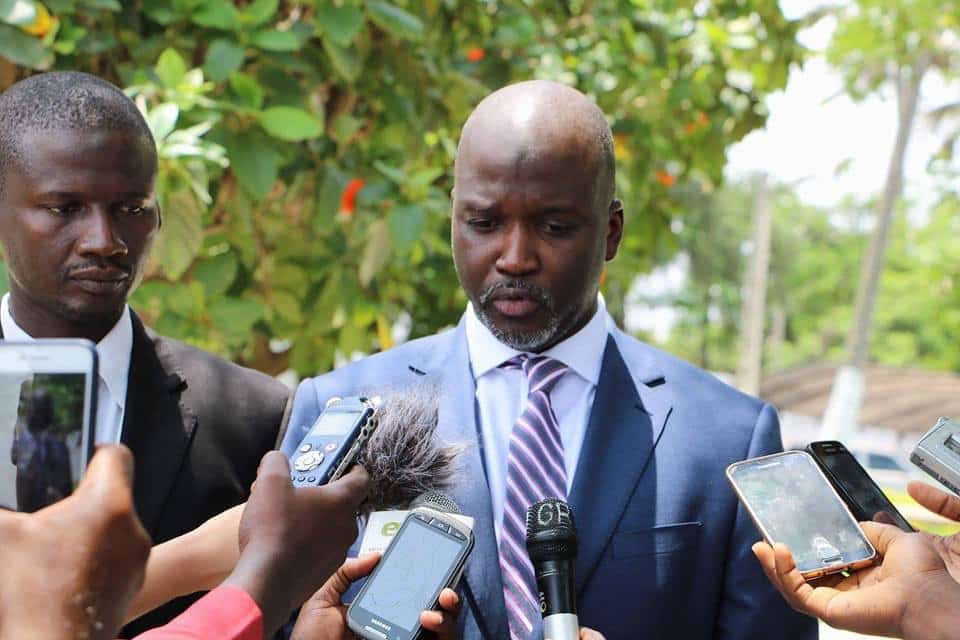By: Mariama Njie
The National Assembly select committee on public enterprise and select committee on environment sustainable development and NGO affairs on Tuesday jointly presented the petroleum commission Bill 2020 to members of the parliament.
Chairperson of the public enterprise committee, Honorable Halifa Sallah said the effectiveness and efficiency to prepare this report on time is crucial.
“The petroleum Commission Bill has five parts (27) clause and its objective is to provide regulatory framework for the managing and development of petroleum activities in the upstreams and mainstreams of the industry in order to ensure optimum, development, production and utilization of petroleum resources to facilitate socio-development of the country and enhancement of the general welfare.
“The joint committee got sufficient evidence to enrich the content of clause (1) the factors that necessitates the proposed establishment petroleum commission have been fully explored as corporate in clause (2),” he told lawmakers.
The monitory and regulatory role of the committee as well as policy implication is clearly embedded in clause (2) and (3) which defines the strategy objective and function, he said.
He noted that the evidence gathered has added value in improving the content. “The witnesses ponded on the management architecture emphasize the necessity for the board and management to manifest competence and professionalism in all they’re undertakings in the service of the commission.”
Meanwhile, he said the laws governing its decisions regulations guiding compliance with the rules of engagement in the sector and schedule mapping out the method of public disclosure of operational activities in clause (22) to (27) schedule of the Bill.
In their opinion as a committee, he said they have observed that the intention is to have the bill enacted in 2020 and this is why the short title indicates that the Act may be cited in the petroleum Act 2020.
“Since the bill is to be enacted in 2021, it is considered necessary to amend clause (1) of the bill and the short title by removing the year 2020 in the bill and insert the year 2021,” he said.
Also, the commission will be a monitoring regulatory body overseeing the proper development of the mainstream and upstream sectors that must make binding decision which may be subjected to appeal and free from any political interference, he said.





